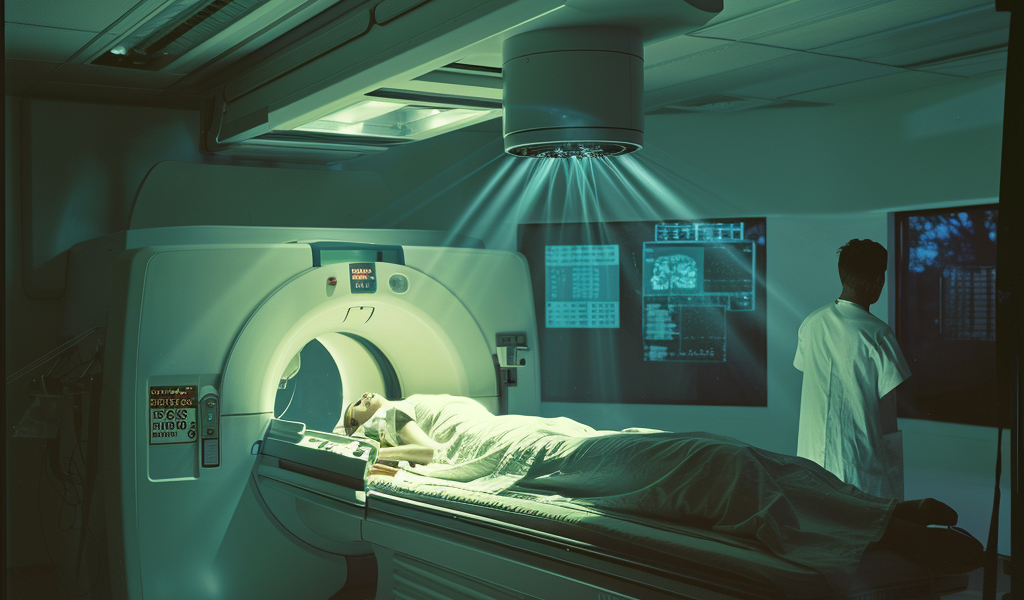A recent study conducted by researchers at The University of Texas MD Anderson Cancer Centre has shed light on how intensity-modulated radiation therapy (IMRT) can significantly benefit patients with locally advanced, unresectable non-small cell lung cancer (NSCLC). The study compared IMRT with the alternative 3D-conformal radiation therapy (3D-CRT) and recommended the standard use of IMRT due to its higher accuracy.
The research, which was recently published in JAMA Oncology, revealed that IMRT offers comparable survival rates while causing fewer adverse effects compared to 3D-CRT. The study included a prospective secondary analysis of long-term outcomes from 483 patients on the Phase III NRG Oncology-RTOG 0617 randomized trial. It showed that patients treated with 3D-CRT were more likely to experience severe pneumonitis, inflammation of the lungs, than those treated with IMRT.
Lead author Stephen Chun, M.D., associate professor of Radiation Oncology, emphasized the significance of the study’s findings in settling the debate over the optimal radiation technique for locally advanced NSCLC. He highlighted that the outdated 3D-CRT technique, which has been in use for over 50 years, should be replaced by IMRT for lung cancer treatment, similar to the adoption seen in other tumor types like prostate, anal, and brain tumors.
Chun stated, ‘The improved precision of IMRT translates into real benefits for patients with locally advanced lung cancer, making it a more effective and safer treatment option.’ The study demonstrated that IMRT did not lead to excess secondary cancers, long-term toxicity, or negatively impact long-term survival, providing further support for its superiority over 3D-CRT.
This research contributes valuable insights into the field of radiation therapy for NSCLC and underscores the importance of adopting advanced techniques like IMRT to enhance treatment outcomes for patients with this challenging condition.





